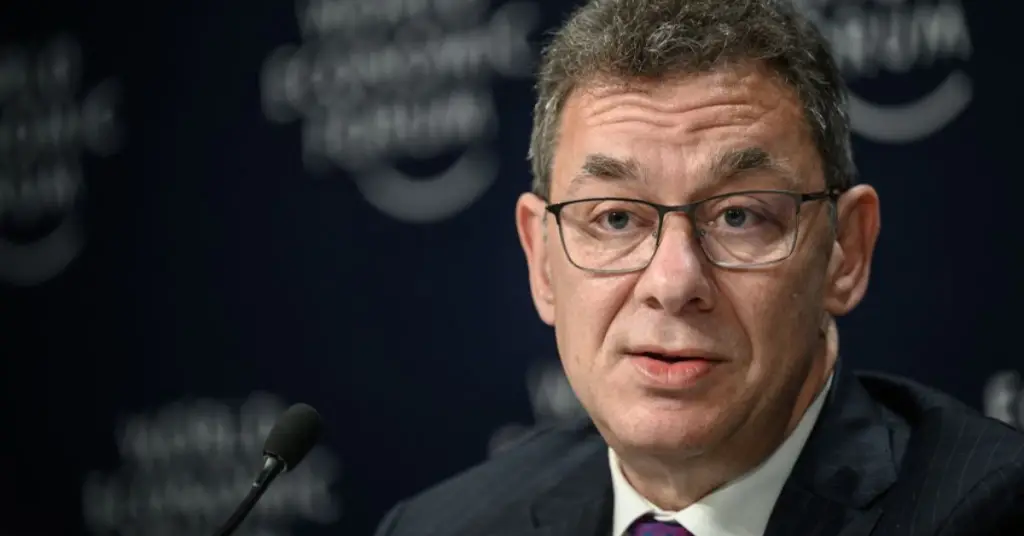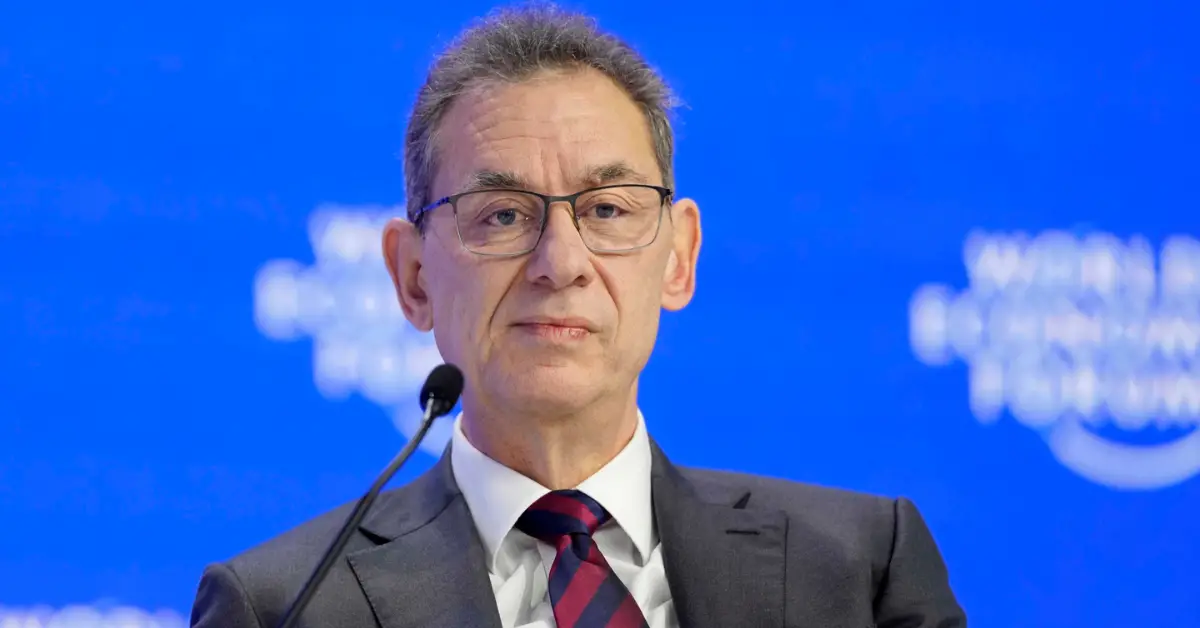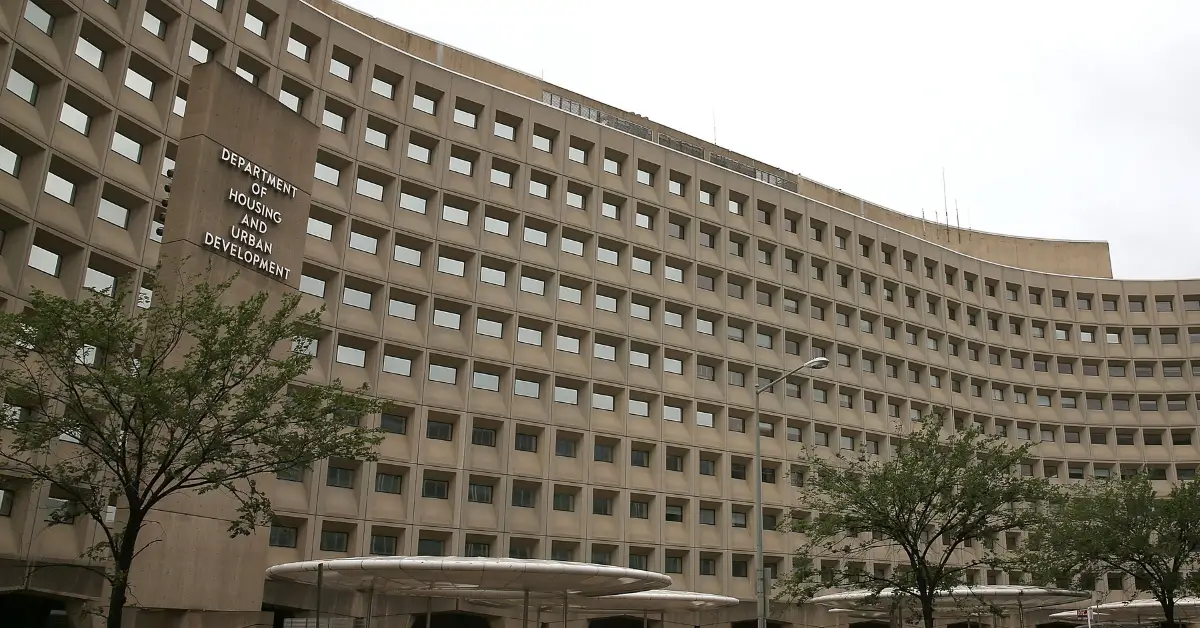Pfizer, one of the world’s largest pharmaceutical companies, is facing significant challenges in making major investments in the United States due to ongoing uncertainty surrounding President Donald Trump’s tariff policies.
According to the company’s CEO, Albert Bourla, the potential for tariffs on pharmaceutical products is preventing Pfizer from expanding its research and development (R&D) operations and manufacturing capacity in the US. In a recent earnings call, Bourla stated that if the US could offer a stable and predictable tariff environment, the company would be willing to make “tremendous investments” in the country.
The Impact of Tariff Uncertainty
Bourla emphasised that uncertainty about tariff policies is one of the key factors holding Pfizer back from making substantial investments. He explained that while the company is willing to invest in the US, it needs to know that there will be no surprises regarding tariffs.
“If I know that there will not be tariffs and a heavy certainty, then there are tremendous investments that can happen in this country, both in R&D and manufacturing,” he said. Without this certainty, Bourla stated, Pfizer is forced to be “very frugal” with its investments and focus on controlling costs rather than expanding operations. This cautious approach aligns with the current economic climate, where businesses across sectors are striving to remain prepared for any unexpected challenges.
For Pfizer, being frugal with investments doesn’t mean halting all expansion, but it does indicate a more cautious approach to growing the company’s US-based operations. Bourla emphasised that during times of uncertainty, companies like Pfizer are compelled to be more careful with their spending, despite having a strong desire to continue growing and innovating.
Pfizer’s US Manufacturing Sites
Despite the challenges, Pfizer has made significant strides in the US, with 13 manufacturing sites currently in operation across the country. Bourla pointed out that these manufacturing facilities are already operating at full capacity, and the company has all the necessary infrastructure to increase production if needed. However, Pfizer is concerned about the future due to the uncertainty created by Trump’s tariff policies.
Bourla noted that if tariffs on pharmaceutical products are imposed, Pfizer may be forced to shift some of its production from overseas facilities to its US-based manufacturing sites. This shift would help the company mitigate any risks related to tariffs while continuing to meet the demands of the US market.
“We have all the capabilities here, and the manufacturing sites are operating in good capacity right now,” Bourla said. “If something happens, we will try to mitigate by transferring from manufacturing sites outside, to manufacturing sites here, the things that can be transferred quickly.”
This highlights Pfizer’s commitment to maintaining a robust manufacturing presence in the United States, even though some of its production is based outside the country. The company is determined to keep US-based sites functioning at full capacity, but the threat of tariffs is creating a level of unpredictability that is complicating its investment decisions.
The Threat of Pharmaceutical Tariffs
On April 2, 2025, President Trump announced a sweeping 10% tariff on various goods, and pharmaceutical products were initially exempted. However, in recent statements, Trump revealed that he plans to impose tariffs specifically on pharmaceutical products, a move aimed at encouraging pharmaceutical companies to relocate more of their manufacturing operations to the US.
“All I have to do is impose a tariff, the more, the faster they move in. The higher the tariff — it’s very simple — it’s inversely proportional; the higher the tariff, the faster they come,” Trump explained.
This threat of pharmaceutical tariffs is a source of concern for Pfizer, as it could increase production costs and lead to higher drug prices for US consumers. In response to this potential policy change, other pharmaceutical companies have also voiced concerns.
For example, the CEO of AstraZeneca, one of Pfizer’s major competitors, said that the company could shift some of its manufacturing from Europe to the US if pharmaceutical tariffs are implemented. Pascal Soriot, the CEO of AstraZeneca, noted that while the company already has a manufacturing presence in the US, it could relocate more of its production to the country if tariffs make it financially advantageous to do so.

Merck, another US-based pharmaceutical giant, is already taking action in anticipation of increased tariffs. The company recently announced that it has begun construction on a new $1 billion commercial production facility in Delaware.
Merck’s CEO explained that this new facility is part of the company’s “continued commitment” to manufacturing in the US, signalling that some companies are already making moves to expand their US operations in response to the tariff threats.
Concerns About Higher Prices
While some pharmaceutical companies are preparing to shift production to the US in response to the tariffs, others are raising concerns about the potential for higher drug prices. Mark Cuban, the billionaire investor who runs Cost Plus Drugs, warned that if tariffs on pharmaceuticals from India are imposed, drug prices in the US could rise.
Cuban explained that many generic drugs are produced in India, and higher tariffs on imports from India could increase the cost of these drugs for US consumers. This could have significant consequences for the affordability of prescription medications, particularly for those who rely on generic drugs to manage their health.
Cuban’s warning highlights the delicate balance that policymakers must strike when considering tariff policies. While tariffs are intended to encourage companies to bring manufacturing jobs back to the US, they also have the potential to raise prices for consumers, particularly in industries such as pharmaceuticals.
The Need for Certainty in Tariff Policy
Bourla’s comments underscore the importance of stability and certainty in tariff policy for companies like Pfizer. While Pfizer is ready to make substantial investments in the US, it needs a predictable environment in which to do so. “If there is certainty, then we will do tremendous investments,” Bourla reiterated. This certainty is essential for Pfizer to commit to long-term investments in R&D and manufacturing in the US. Without it, the company will continue to proceed with caution, holding back on major expansions.
This issue is not unique to Pfizer. Many other businesses across industries are grappling with the uncertainty created by tariff policies. Companies need to know the rules in order to make informed decisions about where to invest and expand. Without this certainty, businesses are less likely to take risks, which can slow economic growth and innovation.
Looking Ahead
As the situation with tariffs continues to develop, Pfizer, along with other pharmaceutical companies, will closely monitor the US government’s progress with its tariff policies. For Pfizer, the key to unlocking major investments in the US lies in the certainty of tariff policies and the stability of the economic environment. If the Trump administration can offer that certainty, Pfizer is prepared to make significant contributions to the US economy through expanded R&D and manufacturing operations.
However, until that certainty is provided, companies like Pfizer will continue to be cautious with their investments, limiting the potential for growth in the US pharmaceutical sector. As the debate over tariffs continues, it remains to be seen how the pharmaceutical industry will respond to these shifting policies and whether the promise of “tremendous investments” will become a reality.
In the meantime, businesses, policymakers, and consumers will need to closely monitor the ongoing developments surrounding tariffs and their potential impact on the US economy.
Disclaimer: This article has been meticulously fact-checked by our team to ensure accuracy and uphold transparency. We strive to deliver trustworthy and dependable content to our readers.




